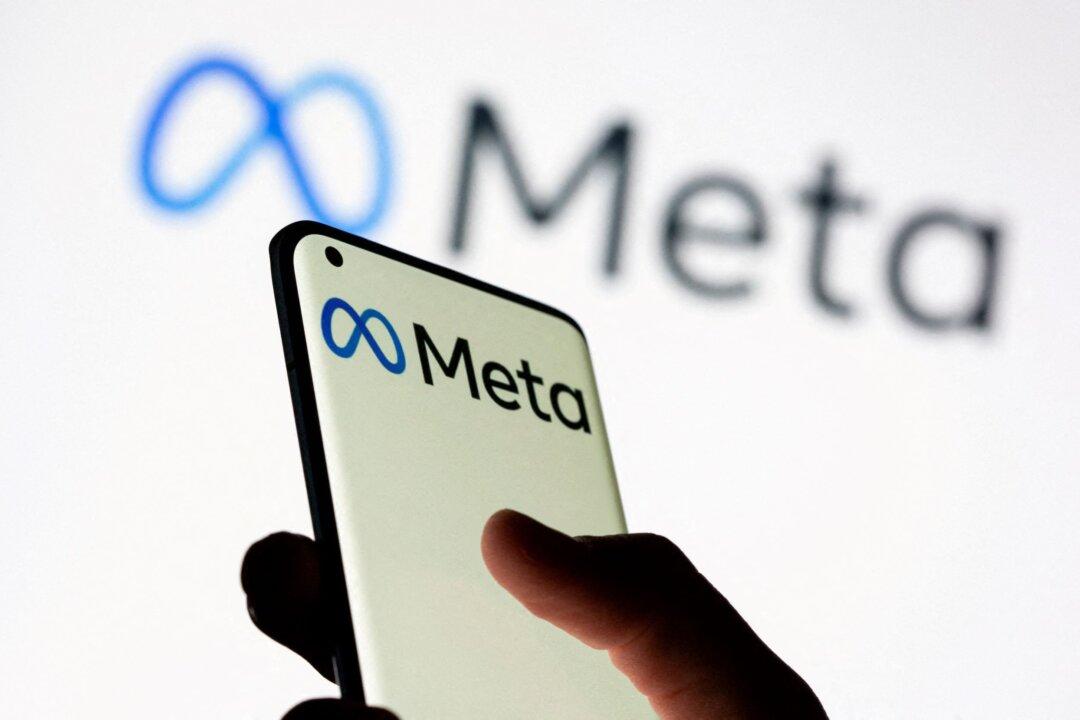Meta announced that it’s shutting down CrowdTangle, the social media analytics tool acquired by Facebook in 2016, despite its widespread use by academic researchers and journalists.
CrowdTangle stated on its website that the platform has entered into “maintenance mode,” during which users will be blocked from adding new members to their accounts.





